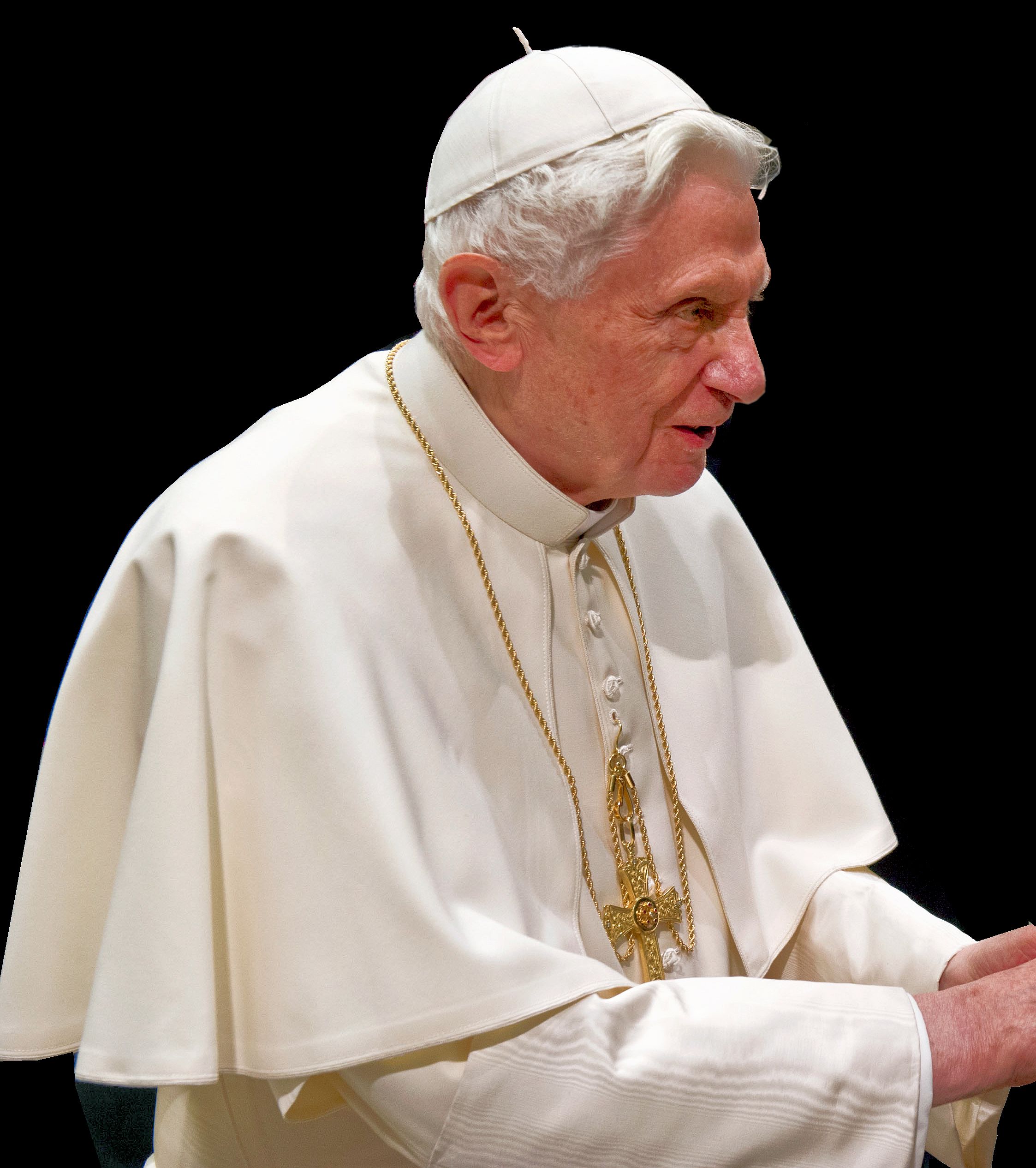
He may do
so during this Holy Year of Mercy. One has to admit that if a celebration of
the Tridentine Mass by Pope Emeritus Benedict XVI indeed takes place, this
would raise the question, once again, of what is Pope Benedict's true position
on the Tridentine Mass.
A number
of distinct personalities (including Dr Alice von Hildebrand) have asked him,
over the years, his opinion on this Mass, but Benedict XVI never gave a full,
unambiguous answer.
Prior to
his election as Pope, Cardinal Ratzinger celebrated at 07:00 each Thursday in
the Teutonic College church inside the Vatican walls, and those Masses were
always of the Novus Ordo, celebrated in a very simple, solemn way.
Cardinal
Ratzinger repeatedly expressed a certain sorrow, even indignation, over the way
the conciliar liturgical reform took place, saying that the liturgy was
developed in a non-organic way by professors sitting around a table
and that, as the new liturgy was introduced, without sufficient explanation,
the ordinary faithful were often confused, and sometimes scandalized. This is
the position that Ratzinger took quite explicitly in his book The Spirit of
the Liturgy.
At the
same time, Benedict XVI personally does in some ways favor at least certain
aspects of the conciliar liturgical reform as an improvement over the
traditional liturgy.
The
German writer Martin Mosebach once stated that Pope Saint John Paul II
celebrated the Tridentine Mass on several occasions privately. Bishop Bernard
Fellay of the Society of St. Pius X (SSPX) also had said that someone in the
Roman Curia told him that Pope Benedict, too, has celebrated the Tridentine
Mass on several occasions privately. It is, in any case, a known secret that
when he was a Cardinal, Benedict XVI celebrated on a number of occasions the
Tridentine Mass, including for the Fraternity of Saint Peter (FSSP).
But why would Benedict XVI
celebrate Mass in the Extraordinary Form of the Roman Rite?
One can
here attempt a number of reasons:
- The traditional Latin Mass was, and is, the organic expression of the faith of Catholics in the Risen Lord, from the first generation to the present time.
- This Mass was never intended to be the Mass of any political or cultural regime. And that it came to be seen as the expression of a certain political or social culture is one of the unfortunate reasons that the Council Fathers felt they had to approve a reform of the liturgy.
- However the reform that was produced was not the reform that the Council Fathers called for.
- This has meant almost two generations of liturgical confusion, and the consequent crisis of belief which inevitable follows liturgical confusion, for it is true that lex credendi lex orandi.
- Worse still, some overzealous people stripped our churches of statues, broke stained-glass windows, and turned against our heritage.
No comments:
Post a Comment